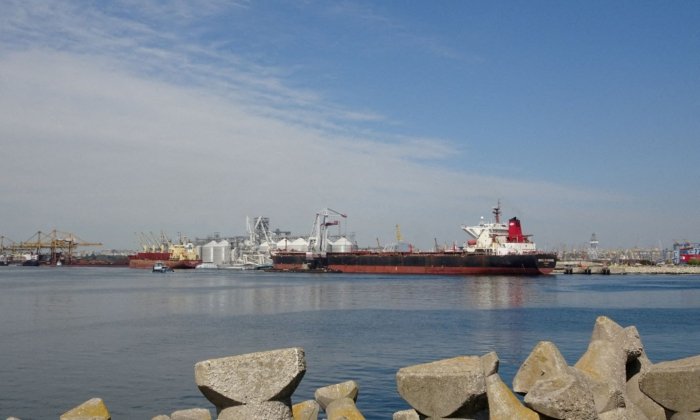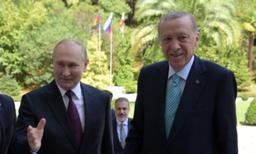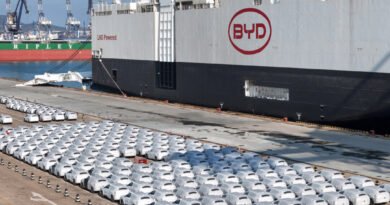Poland, Hungary, Slovakia Set to Implement Individual Bans on Ukrainian Grains
BRUSSELS/WARSAW—Poland, Slovakia, and Hungary announced their own restrictions on Ukrainian grain imports on Friday after the European Commission decided not to extend its ban on imports into Ukraine’s five EU neighbours.
Ukraine was one of the world’s top grain exporters before Russia’s 2022 invasion reduced its ability to ship agricultural produce to markets. Ukrainian farmers have relied on grain exports through neighbouring countries since the conflict began as it has been unable to use the favoured routes through Black Sea ports.
But the flood of grains and oilseeds into neighbouring countries reduced prices there, impacting the income of local farmers, and resulting in governments banning agricultural imports from Ukraine. The European Union in May stepped in to prevent individual countries imposing unilateral bans and imposed its own ban on imports into neighbouring countries. Under the EU ban, Ukraine was allowed to export through those countries on condition the produce was sold elsewhere.
The EU allowed that ban to expire on Friday after Ukraine pledged to take measures to tighten control of exports to neighbouring countries. The issue is a particularly sensitive one now as farmers harvest their crops and prepare to sell.
EU Trade Commissioner Valdis Dombrovskis said on Friday countries should refrain from unilateral measures against imports of Ukrainian grain, but Poland, Slovakia, and Hungary immediately responded by reimposing their own restrictions on Ukrainian grain imports. They will continue to allow the transit of Ukrainian produce.
“As long as Ukraine is able to certify that the grain is going to get to the country of destination, through the trucks and trains, the domestic use ban is not really going to put a dent in Ukraine’s ability to get exports out,” said Terry Reilly, senior agricultural strategist for Marex. He noted that disruptions to Black Sea exports are a bigger concern.
It is unclear how much Ukraine has pledged to restrict exports or how the new bans would impact the flow of produce from Ukraine. The issue has underscored division the EU over the impact of the war in Ukraine on the economies of member countries which themselves have powerful agriculture and farming lobbies.
Ukrainian President Volodymyr Zelenskyy welcomed the EU’s decision not to further extend the ban on Kyiv’s grain exports, but said his government would react “in civilised fashion” if EU member states broke EU rules.
But the three countries argue their actions are in the interests of their economies.
“The ban covers four cereals, but also at my request, at the request of farmers, the ban has been extended to include meals from these cereals: corn, wheat, rapeseed, so that these products also do not affect the Polish market,” Polish Agriculture Minister Robert Telus said in a statement posted on Facebook.
“We will extend this ban despite their disagreement, despite the European Commission’s disagreement,” added Polish PM Mateusz Morawiecki. “We will do it because it is in the interest of the Polish farmer.”
Hungary imposed a national import ban on 24 Ukrainian agricultural products, including grains, vegetables, several meat products, and honey, according to a government decree published on Friday.
Slovakia’s agriculture minister followed suit announcing its own grain ban. All three bans only apply to domestic imports and do not affect transit to onward markets.

Solidarity Lanes
The EU created alternative land routes, so-called Solidarity Lanes, for Ukraine to use to export its grains and oilseeds after Russia backed out of a U.N.-brokered Black Sea grain deal in July that allowed safe passage for the cargo ships.
The EU Commission said existing measures would expire as originally planned on Friday after Ukraine agreed to introduce measures such as an export licensing system within 30 days.
The EU said there was no reason to prolong the ban because the distortions in supply that led to the ban in
Source link






